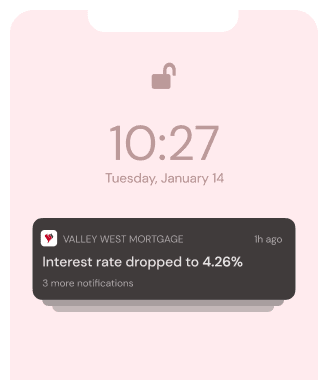Home buyers who can’t put at least twenty percent (20%) down usually have to carry private mortgage insurance, often an expensive proposition. One good thing about the insurance, though, is that it doesn’t last forever. Private mortgage insurance protects the lender in the event that a borrower stops making payments before building up much equity in the property. A borrower who diligently pays down a loan, eventually crossing that twenty percent (20%) equity threshold, is no longer considered a big risk, and can expect to be rewarded with cancellation of this requirement. Under the Homeowners Protection Act of 1998, lenders must terminate the insurance after a certain point, something that hadn’t been done consistently before then. The act set the termination date as the point at which the principal balance on the loan is scheduled to reach 78 percent of the original value of the home.
In other words, if you buy a home for $100,000 and put ten percent (10%) down, your starting loan balance is $90,000. Once you have paid enough toward principal that the balance reaches $78,000, or twenty percent (20%), the insurance policy should be automatically cancelled.
A compliance bulletin issued earlier this month by the Consumer Financial Protection Bureau reminded lenders that automatic insurance cancellation is required even if the value of the home has declined from the original value (in other words, the sales price).
The cancellation rules do not apply to the low-down payment loans backed by the Federal Housing Administration as borrowers must pay insurance for as long as they have an FHA loan if the loan was acquired after June of 2013.
Read The Full New York Times Article Posted August 30th, 2015

Instant notifications for your scenario
Let's do it⏰ Your offer will be delivered to your inbox in less than a minute!